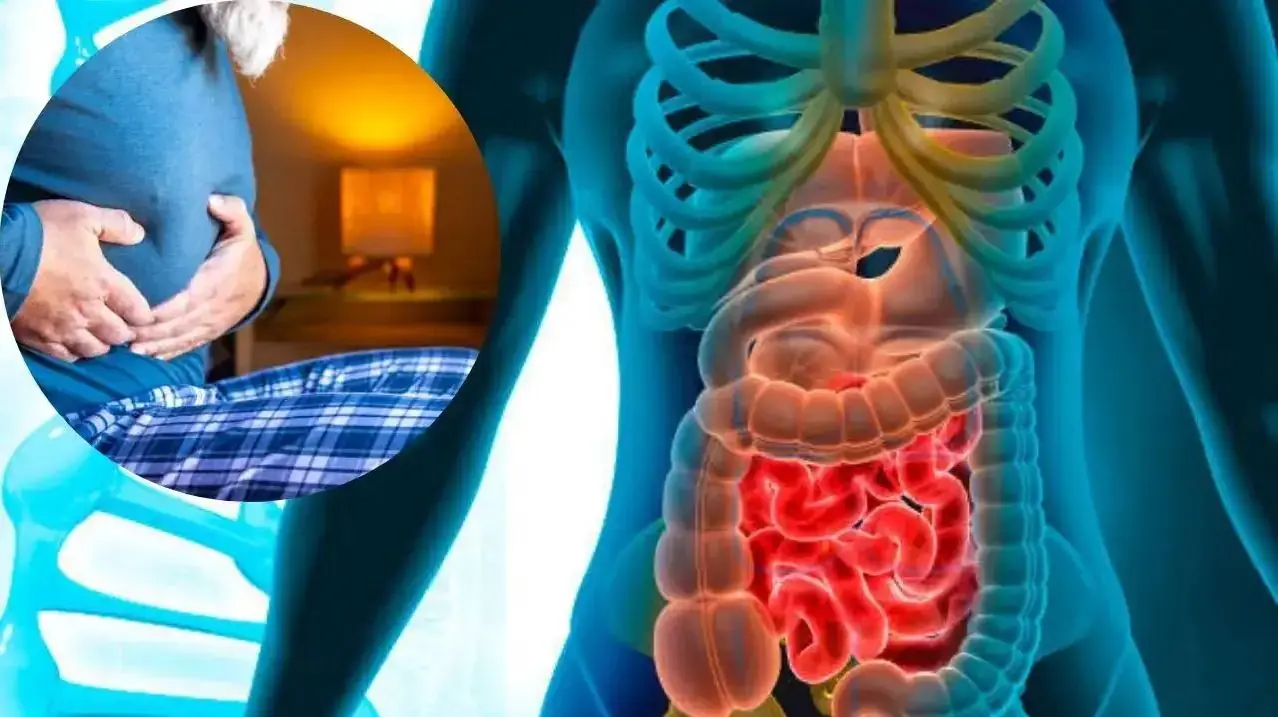
Vegetables that contain a lot of iron, are extremely good for the heart, but you may not know
Iron is an essential mineral that plays a vital role in health. It is needed for the synthesis of hemoglobin, blood production, metabolism, immune system support, and brain development.
Typically, when people think of iron supplementation, they immediately think of beef, as it is considered a food rich in iron. However, in addition to beef, some vegetables can also provide iron to the body, including the edible hibiscus (rau đay).
According to data from the United States Department of Agriculture (USDA), 100g of cooked edible hibiscus contains 3.14mg of iron, while 100g of beef contains only 2.6mg of iron. Therefore, the iron content in edible hibiscus is significantly higher than in beef.
Edible hibiscus is a common vegetable found in many markets. For a long time, Vietnamese people have used it to cook various soups, such as crab soup with edible hibiscus, edible hibiscus with gourd, and edible hibiscus with shrimp. In addition to its rich iron content, edible hibiscus also contains many other essential nutrients.
Health benefits of edible hibiscus
According to information from Sina (China), edible hibiscus is considered a "medicine for the poor." Traditional Chinese medicine states that edible hibiscus has a bitter taste, cool properties, and helps to clear heat, reduce summer heat, detoxify, and reduce swelling. It is also used to treat heatstroke, fever from sunstroke, dysentery, or applied externally to treat ulcers, boils, and swelling.
Dr. Lam Ngoc Khiet, Vice Director of the Department of Traditional Medicine at Sun Yat-sen Memorial Hospital, Sun Yat-sen University (China), stated that edible hibiscus contains many antioxidants, which help reduce inflammation, fight bacteria, and prevent viruses and bacteria from entering the body and causing illness.
In addition, the mucilage in edible hibiscus stimulates intestinal peristalsis, softens stools, promotes bowel movements, and effectively prevents constipation.
Edible hibiscus also helps protect cardiovascular health due to its soluble fiber and copper content. These two nutrients can help reduce the absorption of "bad" cholesterol (LDL), increase the level of "good" cholesterol (HDL), thereby preventing blood fat disorders and atherosclerosis.
According to the U.S. health site Healthline, edible hibiscus contains omega-3 fatty acids, which can help improve brain health and enhance memory.
Moreover, edible hibiscus is rich in calcium, vitamin D, and vitamin K, which help strengthen bones, prevent osteoporosis, and other joint-related diseases.
The vitamin A and vitamin C in edible hibiscus are also powerful antioxidants, supporting the body in producing immune cells to fight pathogens, helping wounds heal quickly, and maintaining healthy skin.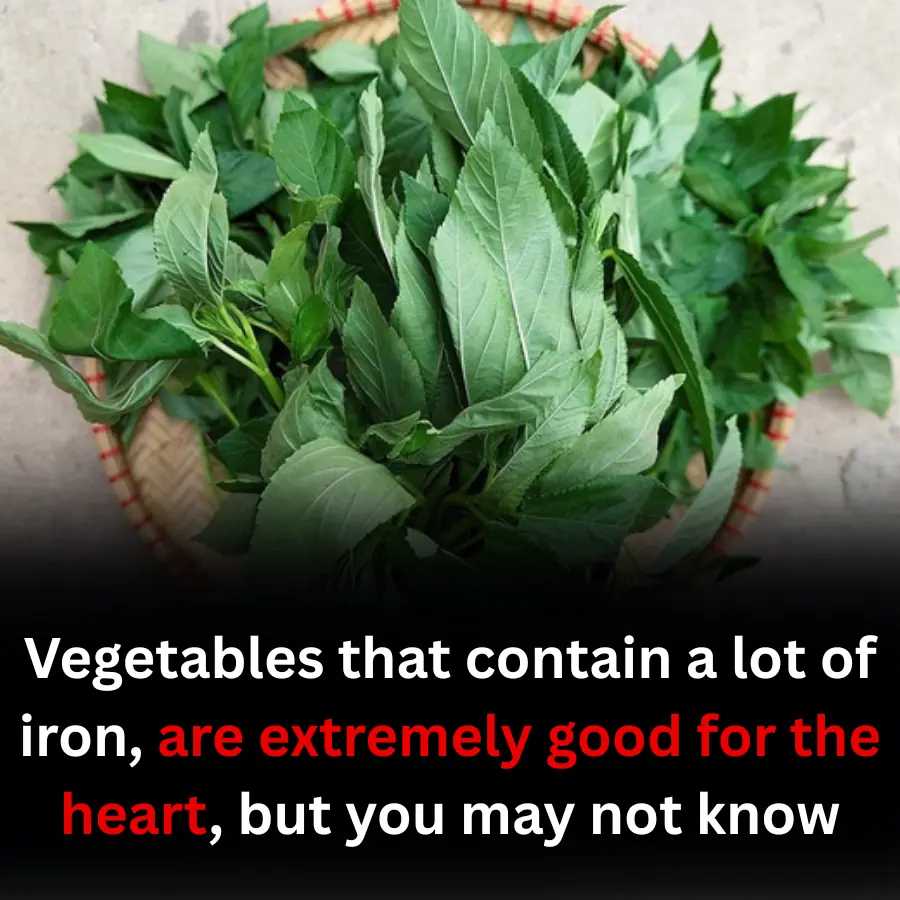
News in the same category

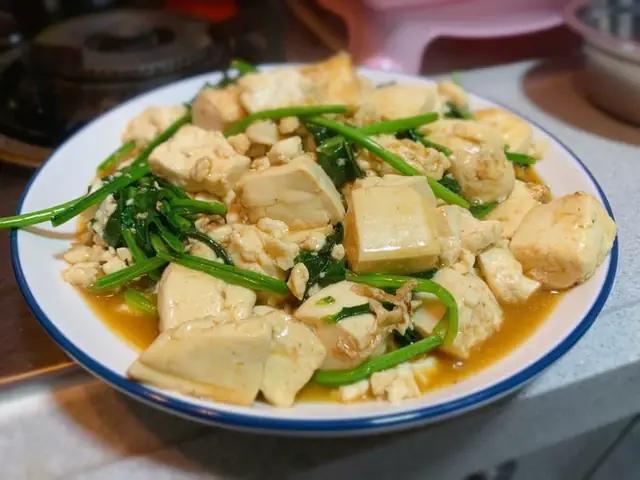
Even the Healthiest Tofu Can Be Harmful If Paired with These 4 Foods

4 Health Stages Every Man Must Go Through
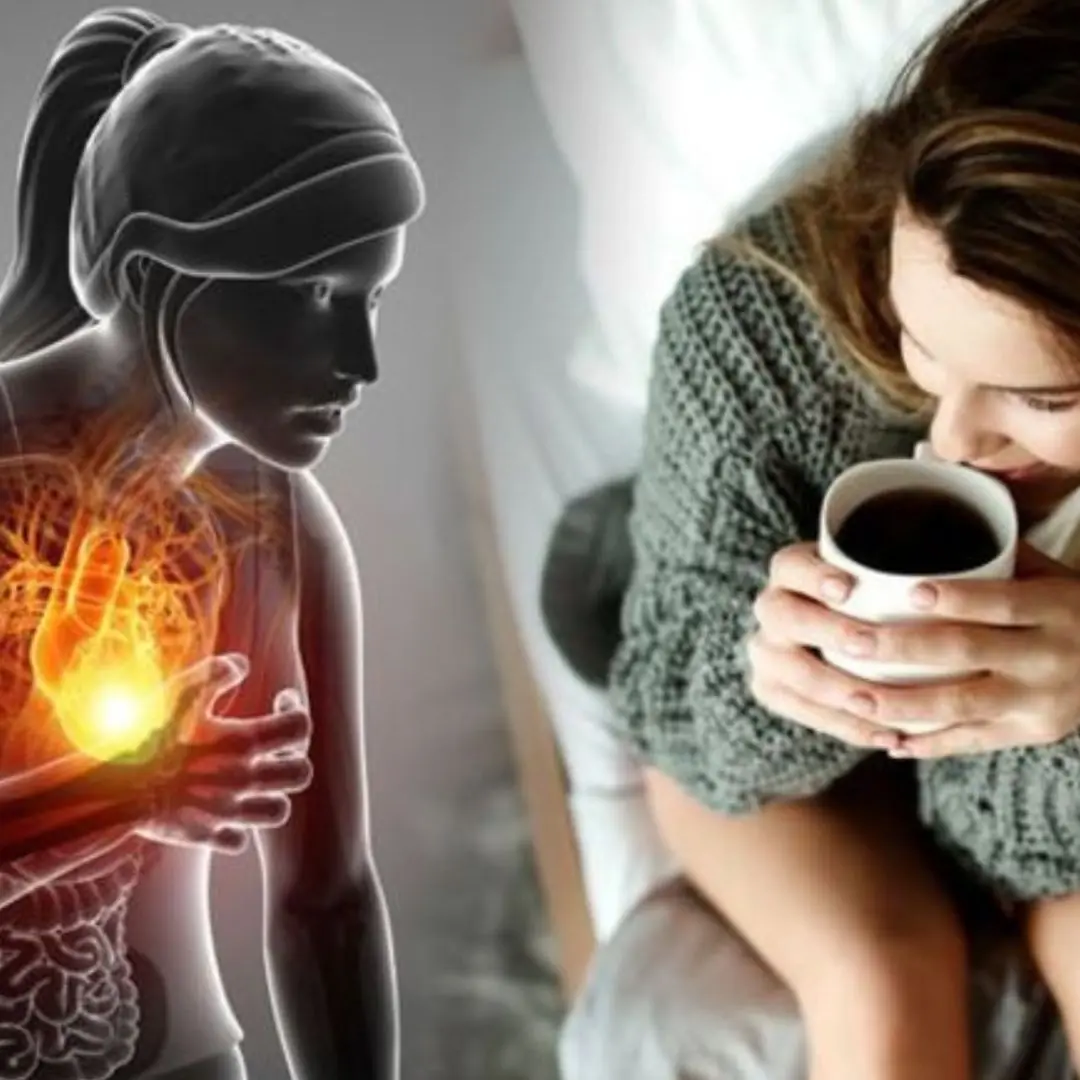
Drinking coffee at certain time of day could reduce your risk of d.ea.th and heart disease
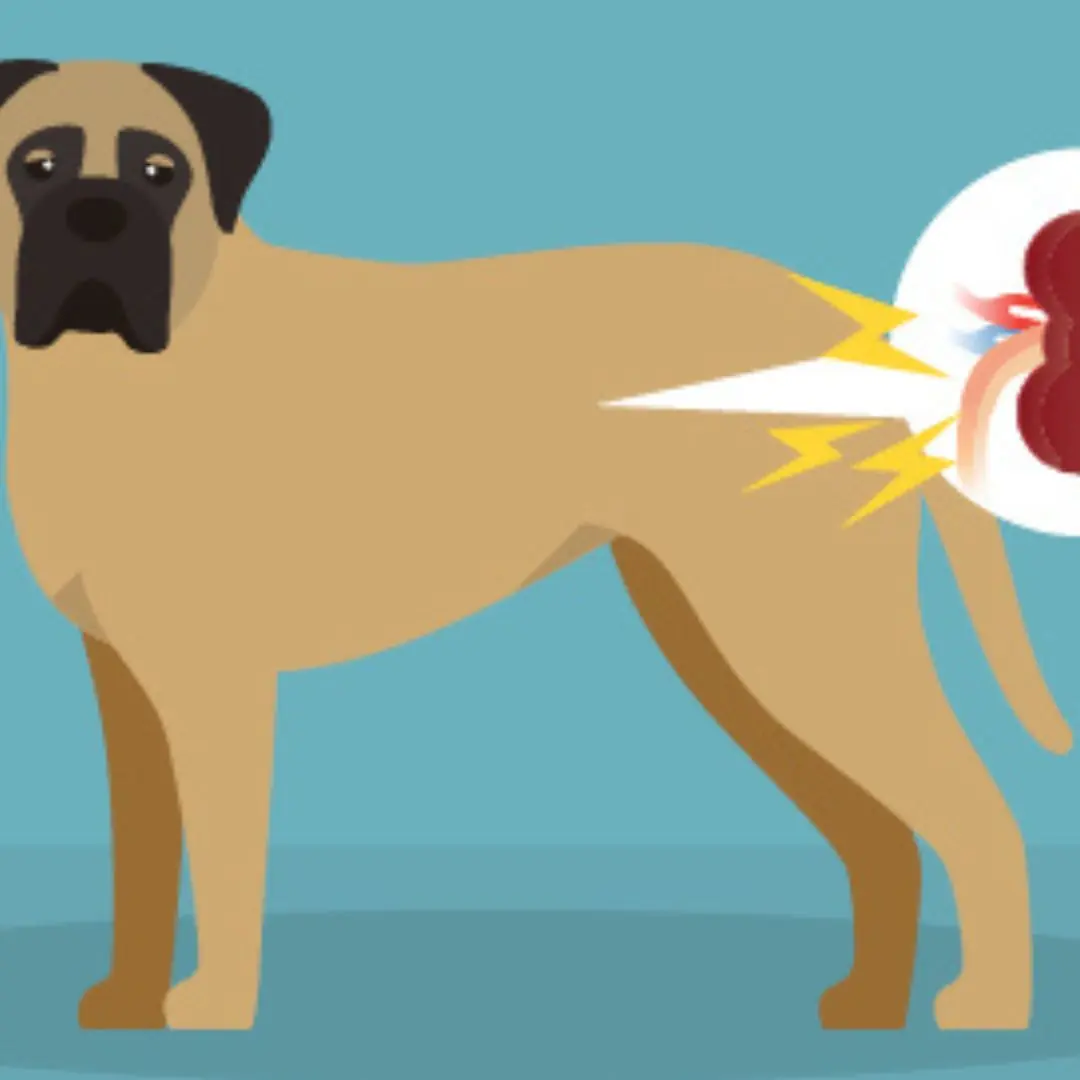
Kidney Failure in Dogs: Causes, Symptoms & Treatment

Who Should Avoid Drinking Coconut Water? Important Health Considerations

Liver C@ncer Strikes a Family of Four: What Experts Say About T0xic Kitchen Habits

17 years old, end stage renal failure, dialysis three times a week
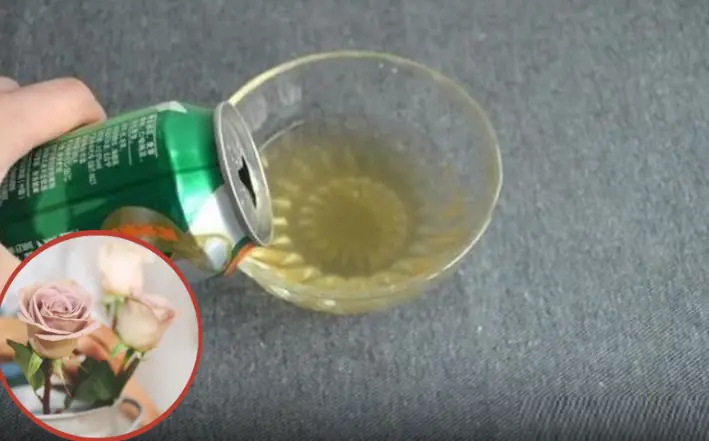
Don’t Toss That Leftover Beer: Discover 8 Surprising Benefits of Keeping I
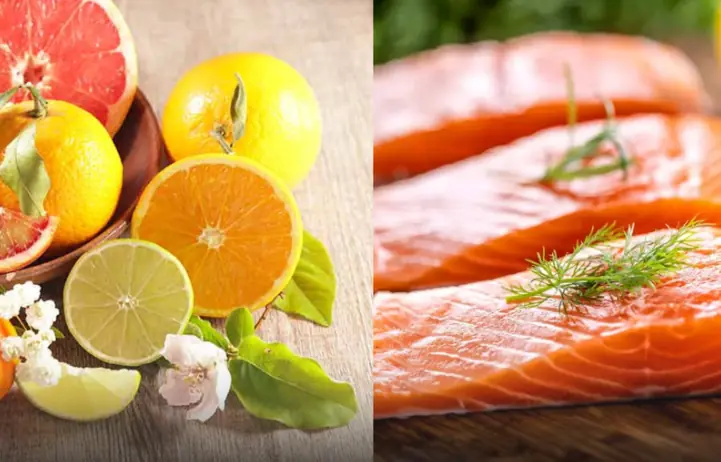
Boost Your Circulation Naturally: Top Foods Proven to Enhance Bl0d Flow and Heart Health

Seemingly harmless habits that cause can.cer very quickly: Are you suffering from them?

Don’t Ignore the Signs
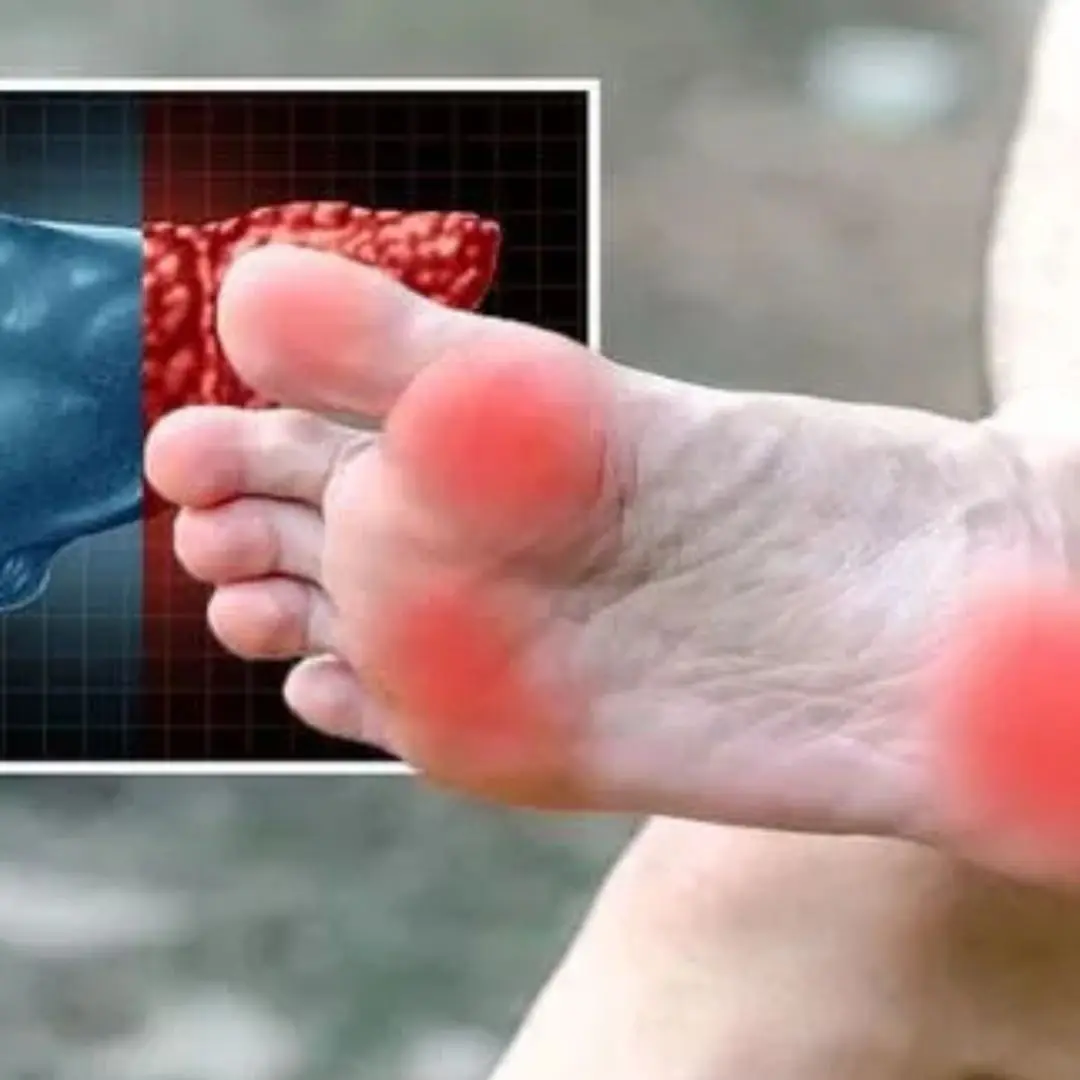
Fatty liver disease: The sign in your feet that means the condition is irreversible
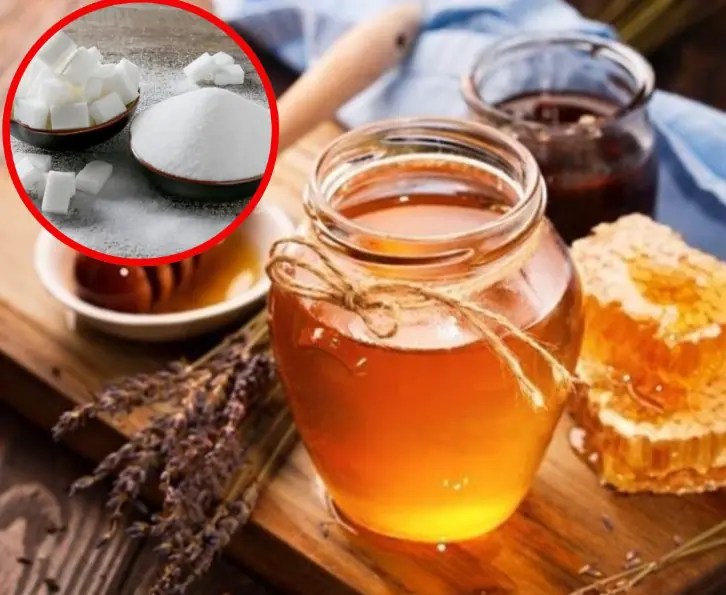
4 types of food with no expiration date
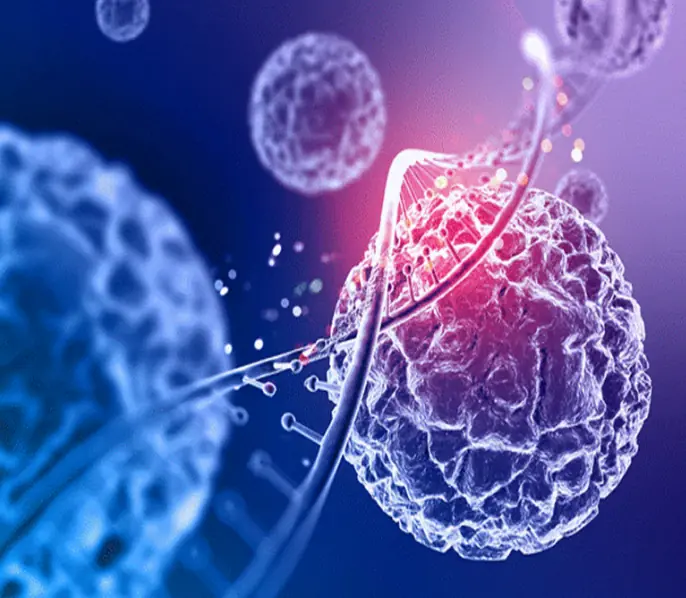
Useful tips to prevent the development of can.cerous cells
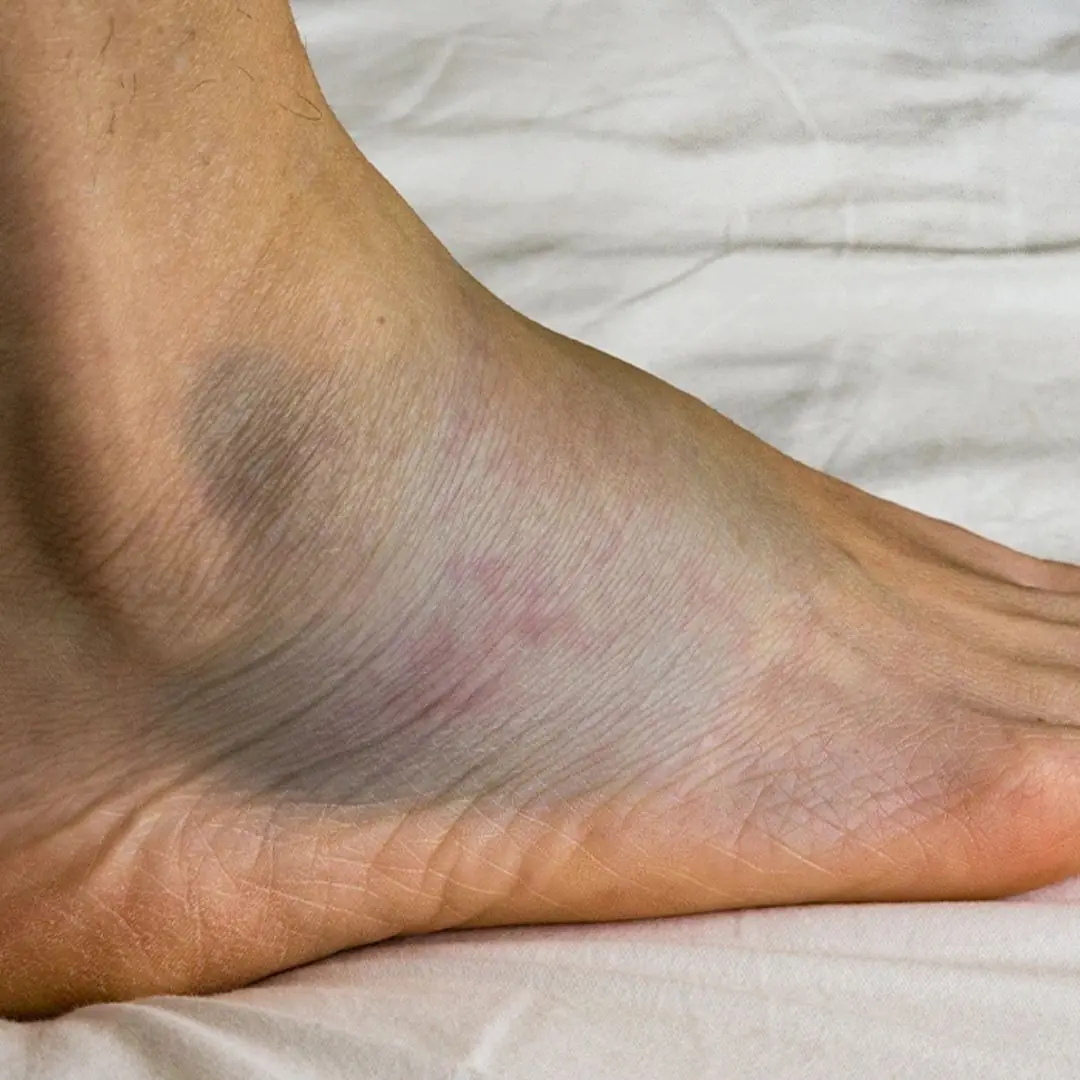
Swollen legs and edema are symptoms of what disease?
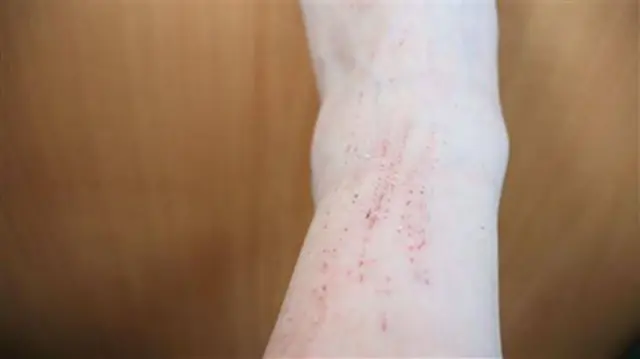
Woman Develops Skin Ulcers After 20 Years of Eating Only Boiled Food
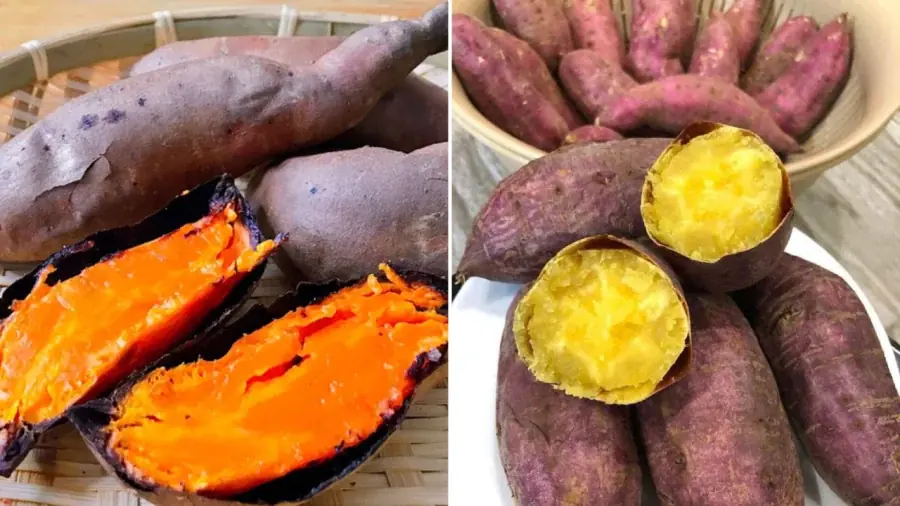
Sweet Potatoes Are Healthy, but These 5 Groups of People Should Avoid Them

Seemingly Harmless Habits That Can Cause Can.cer Alarmingly Fast
News Post

The Hidden Uses of Egg Boiling Water
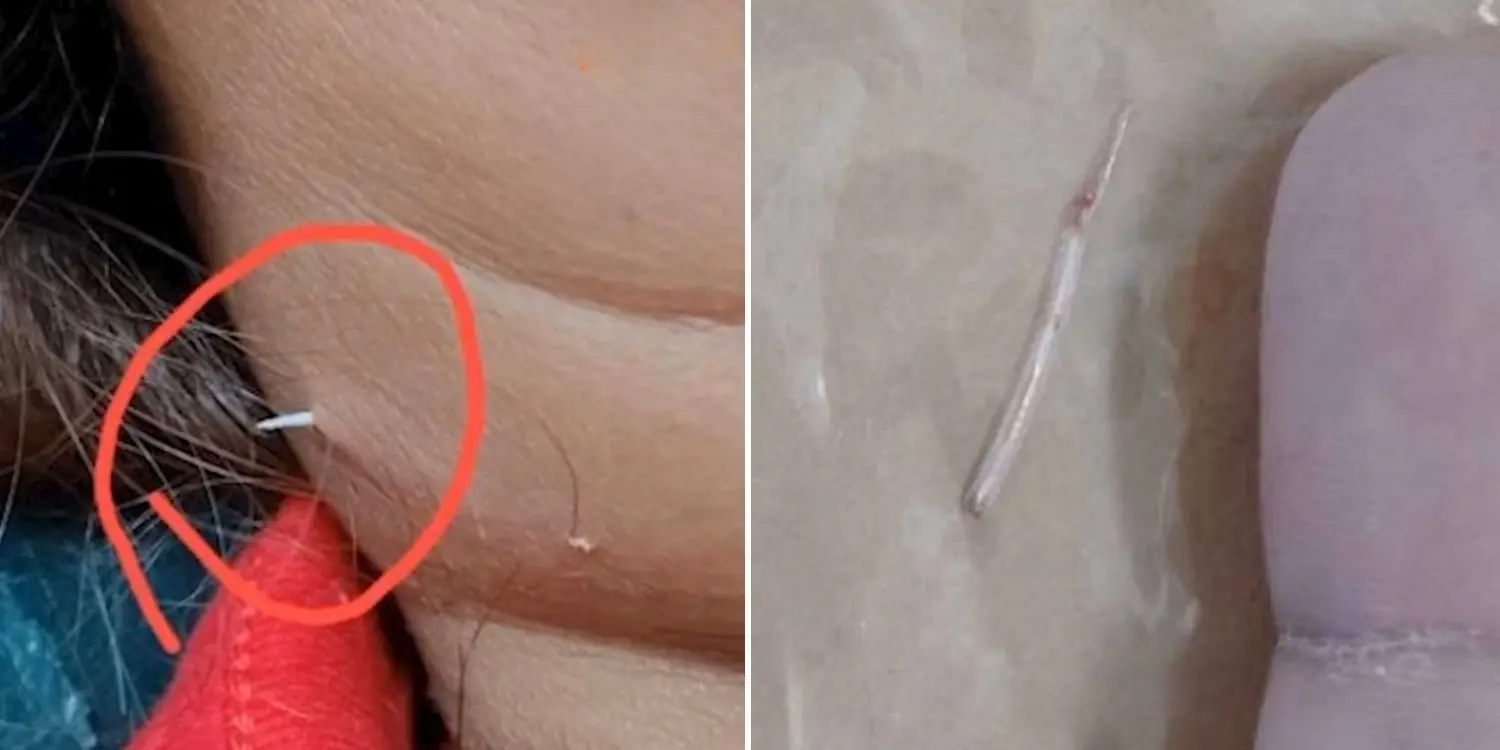
Neck pain, woman shocked to see something sticking out

A type of can:cer is increasing rapidly in young people, faster than colorectal cancer: Why is it worrying?

This Type of Paper Should Never Come Into Contact with Food

Even the Healthiest Tofu Can Be Harmful If Paired with These 4 Foods

4 Health Stages Every Man Must Go Through

Add 9 matchsticks to divide the shape into 4 equal parts

Drinking coffee at certain time of day could reduce your risk of d.ea.th and heart disease

Understanding Night Barking: 6 Reasons Your Dog Won’t Stay Quiet After Dark

Kidney Failure in Dogs: Causes, Symptoms & Treatment
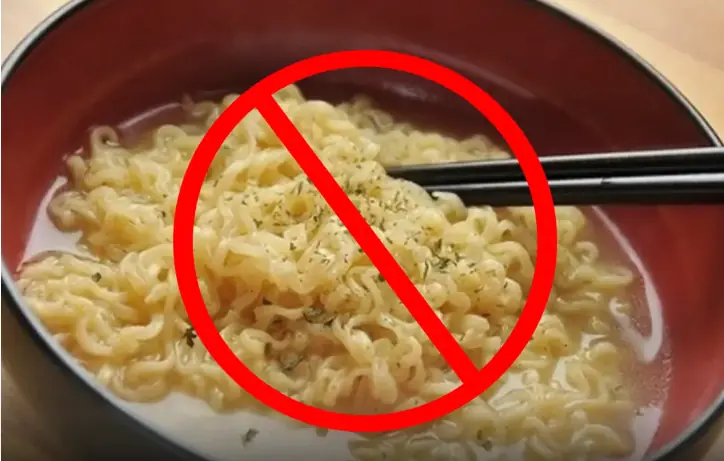
People who should not eat instant noodles no matter how much they crave them

Who Should Avoid Drinking Coconut Water? Important Health Considerations

When going to the market, should you buy the pig's feet first or last?

Liver C@ncer Strikes a Family of Four: What Experts Say About T0xic Kitchen Habits
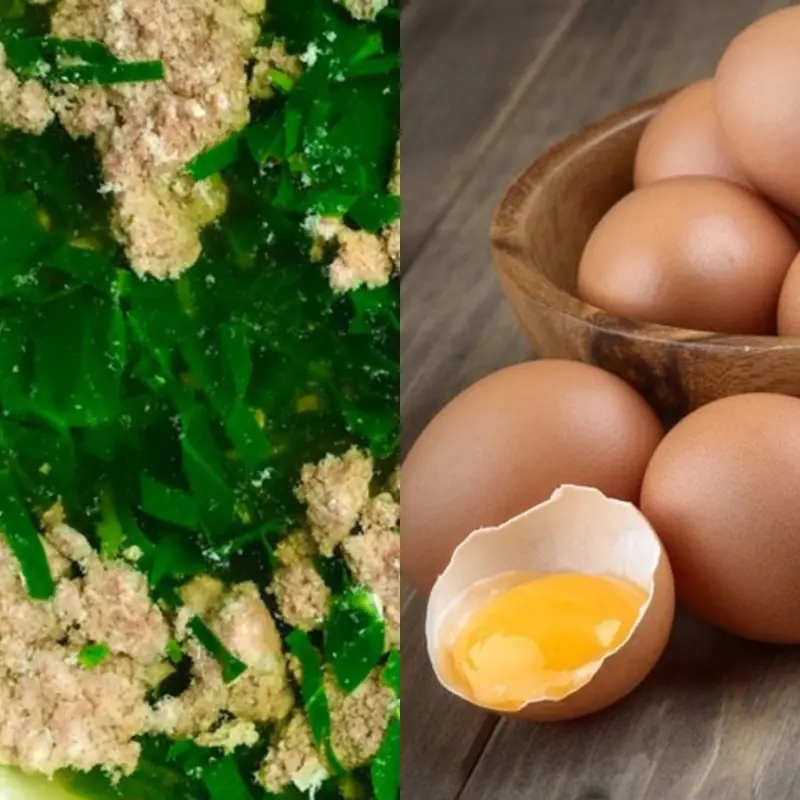
Foods That Should Never Be Combined with Eggs — Absolutely Avoid These Dangerous Pairings

17 years old, end stage renal failure, dialysis three times a week

10 Effective Snake-Repellent Plants to Keep Your Yard Safe and Beautiful

The Button Dilemma: Why Do Men's and Women's Shirts Button Differently
